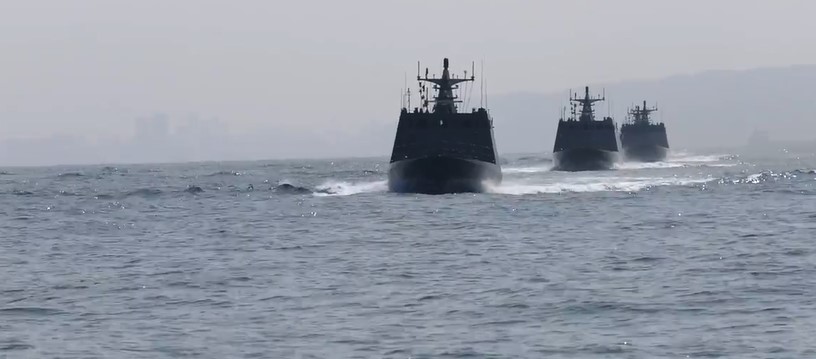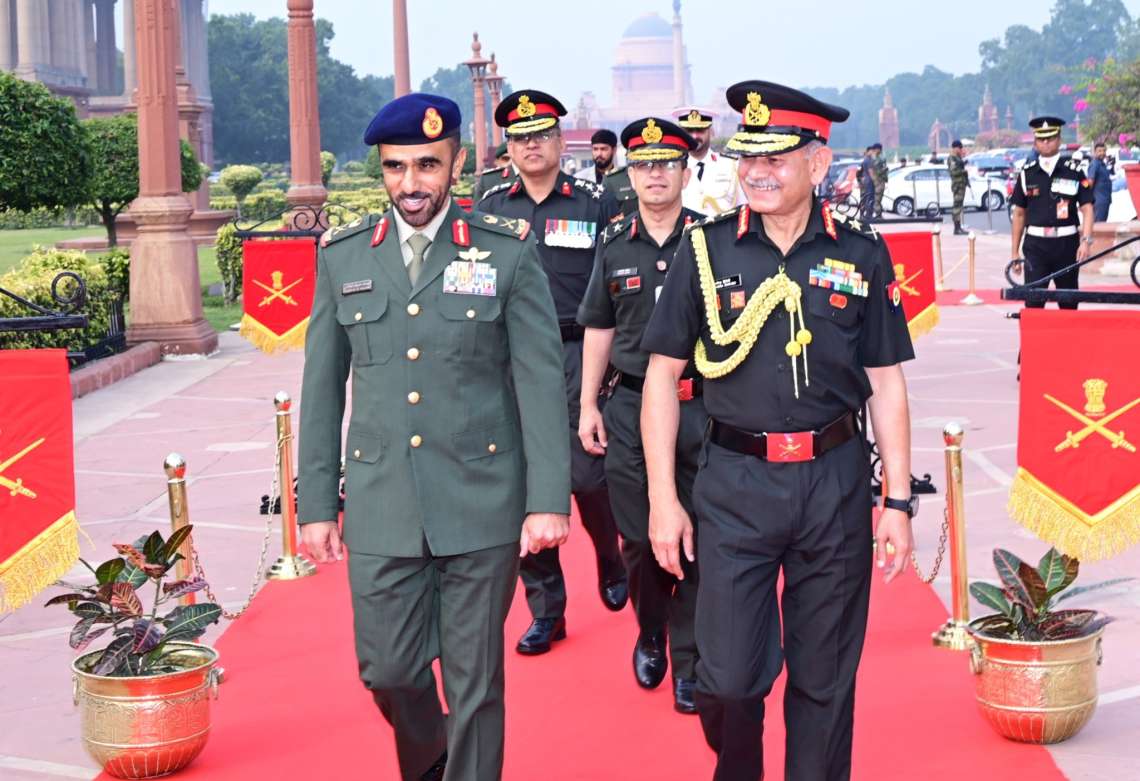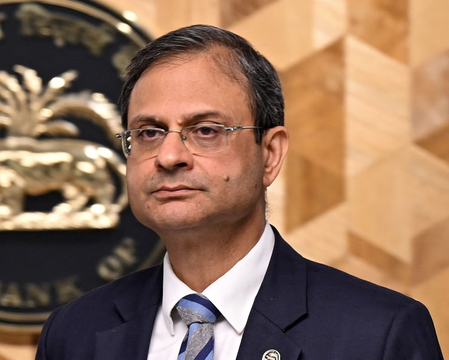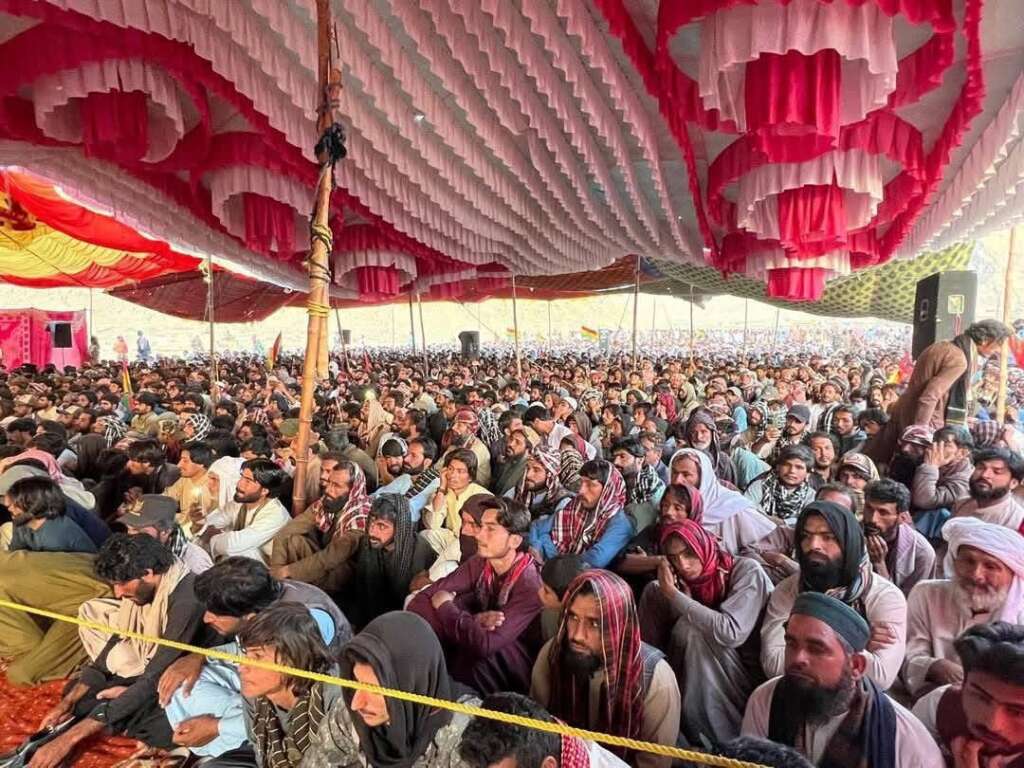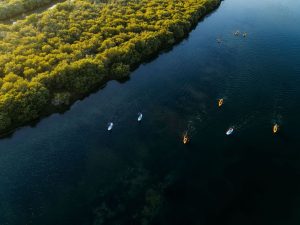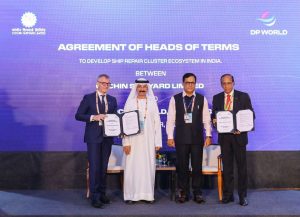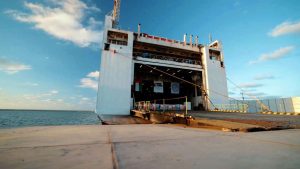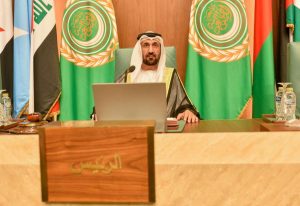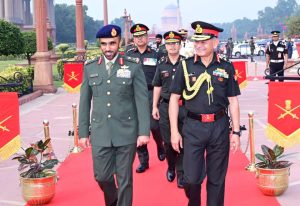India’s Indo-Pacific Oceans Initiative (IPOI) was introduced as a complementary mechanism to SAGAR, providing an open and non-treaty-based platform for collaboration
In a landmark announcement during his recent visit to Mauritius, Indian Prime Minister Narendra Modi unveiled the Mutual and Holistic Advancement for Security and Growth Across Regions (MAHASAGAR) policy. This initiative represents a significant upgrade and expansion of India’s earlier Security and Growth for All in the Region (SAGAR) doctrine, signalling a more ambitious and comprehensive approach to the Indo-Pacific region.
A decade after the launch of SAGAR in 2015, MAHASAGAR aims to integrate trade-driven development, capacity-building for sustainable growth, and a mutual security framework to ensure a stable future. The new policy reflects India’s recognition of the need for a broader, more dynamic engagement strategy in the Indo-Pacific that extends beyond security concerns to include development, technology sharing, and economic cooperation.
During Modi’s visit, India and Mauritius upgraded their bilateral relationship to an Enhanced Strategic Partnership. This move underscores India’s commitment to strengthening its ties with key regional partners. MAHASAGAR, which means “sea” in Hindi, seeks to build on the foundations laid by SAGAR, which has served as India’s strategic framework for maritime engagement in the evolving Indo-Pacific dynamics over the past decade.
SAGAR emphasised India’s contribution to ensuring a safe, secure, and stable regional order. Modi’s keynote speech at the 2018 Shangri-La Dialogue further sharpened India’s Indo-Pacific approach, situating it in a broader geopolitical context. At the 2023 Shangri-La Dialogue, Vikram Misri, then India’s Deputy National Security Advisor (now Foreign Secretary), delineated five core pillars of SAGAR: security cooperation, capacity-building, collective action, sustainable development, and maritime connectivity. These principles have guided India’s engagement with regional partners.
India’s Indo-Pacific Oceans Initiative (IPOI) was introduced as a complementary mechanism to SAGAR, providing an open and non-treaty-based platform for collaboration. The IPOI promotes cooperation in maritime ecology, resource management, disaster response, and security coordination. Key Indo-Pacific stakeholders, including the US, Japan, Australia, ASEAN, France, and New Zealand, have aligned with India on IPOI, underscoring its inclusive and cooperative approach to Indo-Pacific governance.
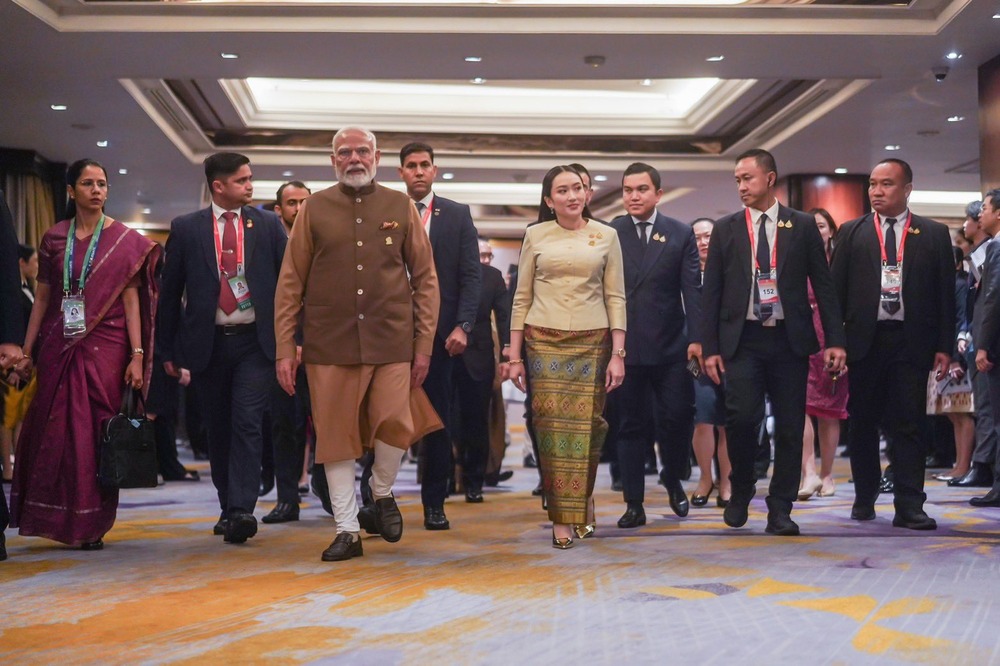
India has strategically embedded itself within regional security and economic frameworks to operationalise SAGAR. Initiatives such as the Bay of Bengal Initiative for Multi-Sectoral Technical and Economic Cooperation (BIMSTEC), the Colombo Security Conclave (established in 2020 with Mauritius, Sri Lanka, Bangladesh, and the Maldives), and India’s observer status in the Indian Ocean Commission (comprising Mauritius, Seychelles, Madagascar, Mayotte, and Réunion) underscore its commitment to institutionalised maritime cooperation.
Beyond multilateral engagements, India has undertaken significant capacity-building measures to reinforce maritime security and regional stability. These include sharing white shipping information, improving maritime domain awareness, and strengthening humanitarian assistance and disaster relief (HADR) frameworks. Mauritius exemplifies India’s proactive role in capacity-building, benefiting from extensive Indian assistance in its Coast Guard modernisation, infrastructural development, and economic partnerships. India has undertaken various developmental projects in Mauritius, such as the metro project, the new Supreme Court building, the 956 housing project, a new ENT hospital, and others.
Despite India’s efforts, China’s growing influence in the Indian Ocean Region (IOR) necessitates a recalibrated approach. The geopolitical rivalry between India and China, exacerbated by the Galwan border clash in 2020, has reinforced strategic competition, particularly in the IOR.
“MAHASAGAR signals India’s ambition to move beyond security, forging a future of trade, technology, and trusted partnerships across the Indo-Pacific.”
China has systematically expanded its economic and military influence in the Maldives, Sri Lanka, and Bangladesh, challenging India’s traditional regional role. China’s economic leverage is a major concern for India, as Mauritius’ bilateral trade with China (US$1.1 billion) is nearly double that with India ($554 million), reflecting Beijing’s stronger financial influence. India’s challenge lies in bridging this economic gap while maintaining its strategic partnerships.
The shift from SAGAR to MAHASAGAR aims to counter this challenge by scaling up developmental and security cooperation with the littoral states of the Indian Ocean Region. Against the backdrop of the return of a transactional US foreign policy under the Trump administration, fast-evolving US-China rivalry, and the often predatory nature of China’s Belt and Road Initiative (BRI) – and its growing footprints in the IOR and the Pacific Island Region – all necessitate the move from SAGAR to MAHASAGAR.
The gaps between persistent non-traditional security threats and the preparedness of littoral states position India as a credible and reliable net security provider to the IOR and wider Indo-Pacific region. However, India faces critical financial hurdles to scaling up its ambitions. A review of the Ministry of External Affairs (MEA) annual report reveals a decline in the budget allocated to the ministry, undermining India’s ability to provide aid and sustain large-scale support for the Technical and Economic Cooperation (TEC) programs of the MEA.
The Fourth Report of the Committee on External Affairs (2024-25) of the 18th Lok Sabha highlights the shortfall and recommends “a phased increase of at least 20% annually in the MEA budget over the next five years to address resource deficits and alignment with long-term goals.” Without adequate financial commitment, MAHASAGAR risks becoming an ambitious diplomatic acronym without the funds to back its transformational aims.
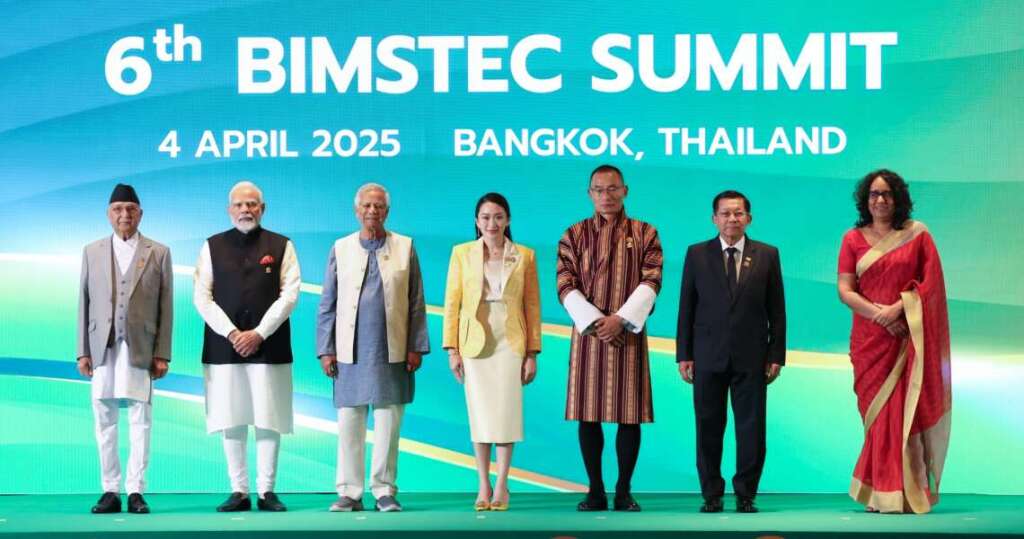
The transition from SAGAR to MAHASAGAR reflects India’s recognition of the need for a broader, more dynamic engagement strategy in the Indo-Pacific. For this vision to materialise into action, India must address several key challenges, including but not confined to scaling up financial commitments, strengthening partnerships with ASEAN, the Quad members (US, Japan, Australia), and key IOR nations. To establish the policy’s credibility, it must shore up economic engagement by diversifying trade and investment partnerships to counterbalance China’s economic dominance in the region. India’s proactive role in regional groupings like the IPOI and the Colombo Security Conclave should be further institutionalised to ensure long-term stability.
Ultimately, India’s success in realising the MAHASAGAR’s goals will depend on its ability to match strategic ambition with financial and diplomatic execution. If effectively implemented, MAHASAGAR could reinforce India’s position as a preeminent power and net security provider in the Indo-Pacific, balancing regional security, economic growth, and strategic influence in a rapidly evolving geopolitical landscape.

